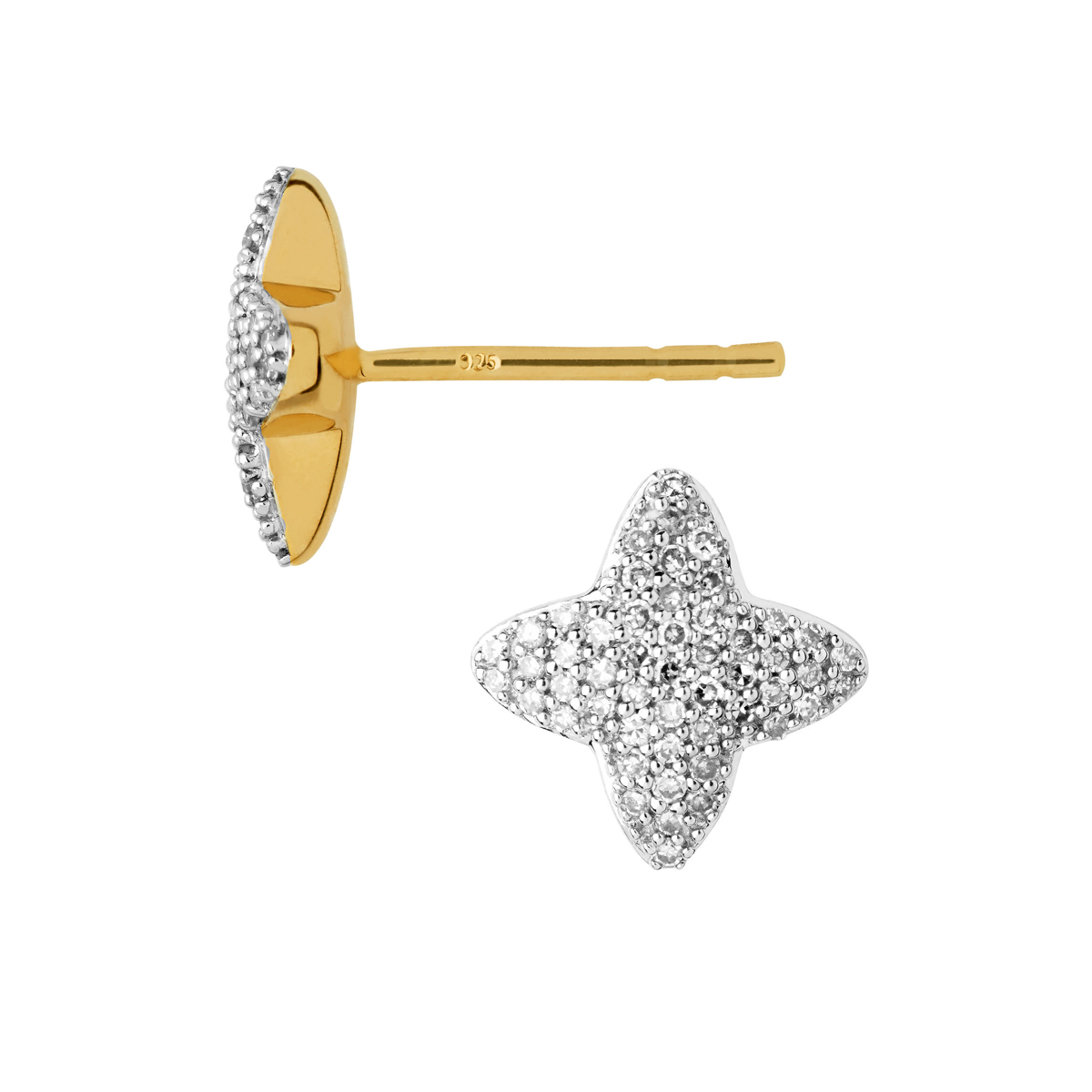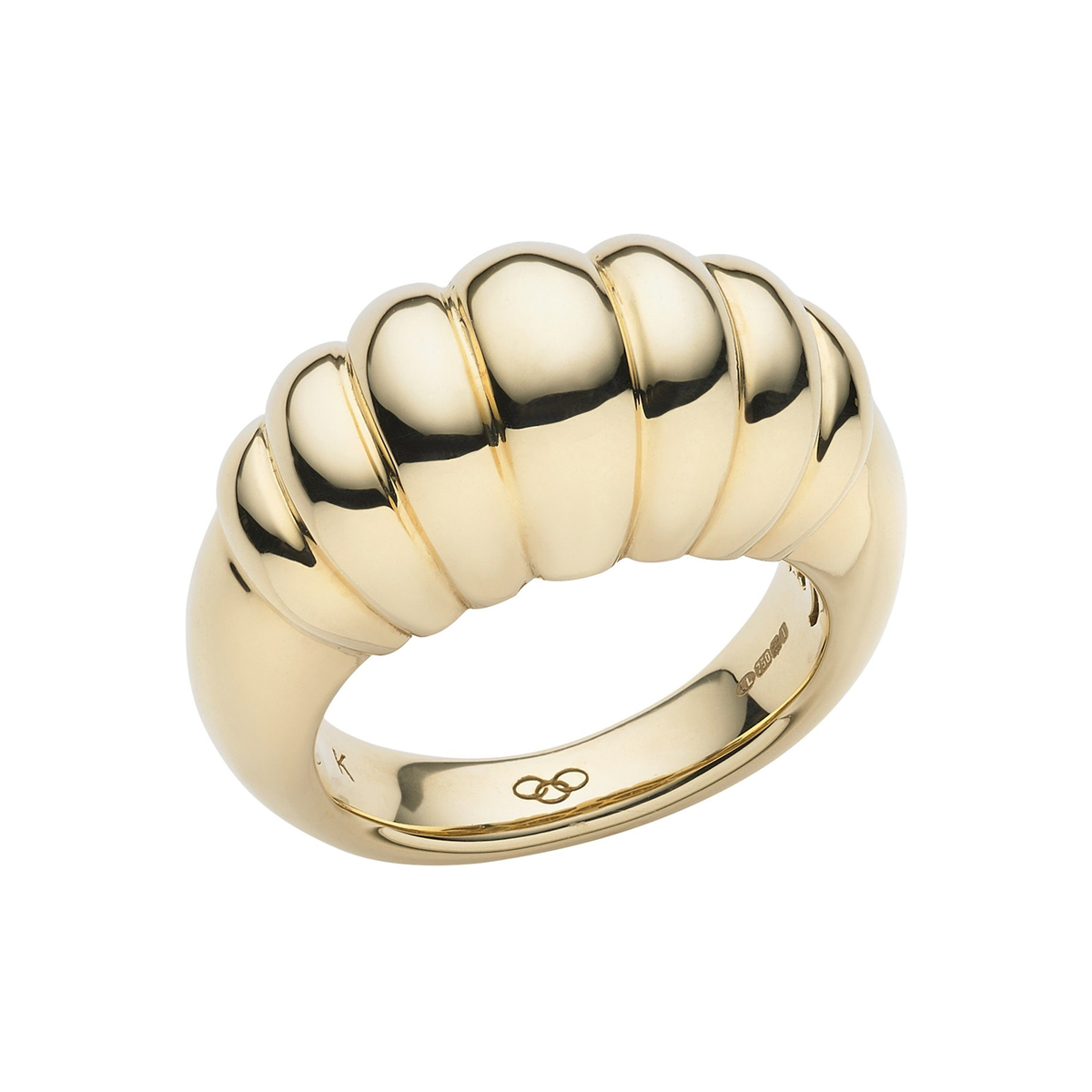How to Clean Your Favourite Jewellery at Home
One of the main goals we have for our wardrobes is to assemble the perfect jewellery capsule. While trends come and go, there's something to be said for classic pieces that'll last you a lifetime. Their life span, however, is completely dependent on how well you look after them. If you're in the position of owning some fine (or even demi-fine) jewellery, it certainly pays to know how to take care of it. However, jewellery maintenance goes way beyond not wearing it in the shower or spraying perfume directly upon it. As such, we asked two industry experts for their at-home cleaning tips.

Photo:
@handinfireTo create the ultimate how-to guide, we enlisted the help Susan Caplan, founder of Susan Caplan Vintage Jewellery, and a representative from Links of London. With their shared expertise in the jewellery industry, we were able to pinpoint specific care instructions for different types of materials and stones. From diamonds and pearls to sterling silver and gold, keep scrolling for our complete guide on how to clean jewellery at home.
DIAMONDS
"The best way to clean diamonds is with a mild detergent," reveals Links of London's rep. "You can purchase diamond specific formulas but gentle detergents such as baby shampoo also work wonders. Using it with a soft brush and warm water to gently loosen any dirt—the sparkle will speak for itself. I also recommend avoiding exposing your diamonds to extreme temperatures and activities, so as to help better protect your jewellery."
BRASS
"Brass can tarnish easily," warns Caplan. "That said, tarnished items can also be cleaned quite effectively by using a jewellery silver-dip solution. We've found it to be extremely effective in cleaning tarnished items on most of our costume jewellery, so do so at your own risk. If you leave it in the solution too long, it can have adverse effects."
COLOURED GEMSTONES
"Stones may loosen naturally over time, so it's best to have the settings checked every now and again," suggests Links of London's representative. "Many gemstones can be cleaned in the same manner as diamonds. Others, however, require different care. For example, opals should only be cleaned with a soft, damp cloth."
CRYSTALS
"Sometimes can sometimes succumb to green verdigris," explains Caplan. "This can be extremely tricky to remove in items like crystal pieces, which have lots of small settings. As surprising as it sounds, ketchup is brilliant at removing verdigris and manages to get into hard-to-reach places. Gently brush with an used toothbrush, and then finish by delicately rinsing in room-temperature water. Extra care should be taken if crystals are present, as the crystals can loosen or fall out."
GOLD
"To keep your gold jewellery looking as good as gold can, I suggest regular cleaning with a dedicated gold-polishing cloth," says Links of London's rep. "Infused with cleaners and anti-tarnishing agents, avoid washing it to ensure it's as effective as possible. You can buy them Links of London stores and online."
PEARLS
"Whatever you do, don't use any solutions on pearls," stresses Caplan. "They're incredibly absorbent, and it doesn't take much to damage them beyond repair." Instead, after every wear, wipe your pearls with a soft cloth. "This will help prevent buildup of oils or other substances that may have come in contact with your jewellery throughout the day."
SILVER
"It definitely pays to invest in premium silver pieces. At Links of London, our sterling-silver jewellery is coated with an anti-tarnish solution, but it may still tarnish naturally over time. To recapture its original brilliance, clean with a non-abrasive silver polishing cloth."
WATCHES
Watches are one of the pieces many of us wear daily, but how often do you clean yours? With unavoidable sweat buildup, we advise taking a couple of minutes every evening to clean it properly. With a soft, clean cloth, wipe the inside of the band, and wipe gently around the case back—this will remove excess moisture and lotion buildup. Caplan also recommends storing your watches separately, as the glass can be easily scratched. "In addition, make sure all lay flat otherwise the joints can get twisted and break," she reveals.

























